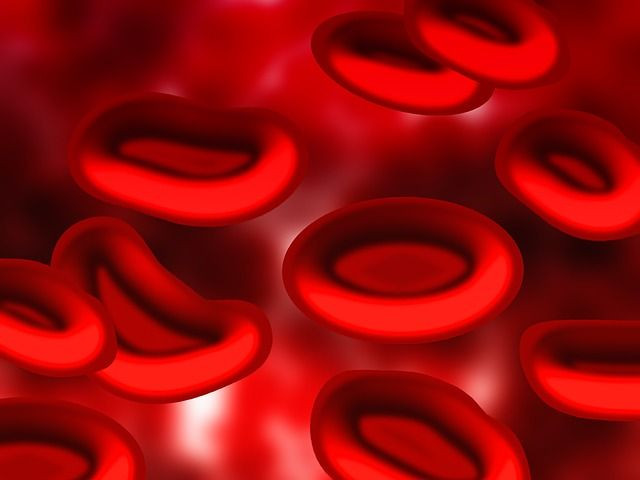Blood Thinner That Blocks Blood Clots Without Triggering Bleeding Shows Promising Results

A safer blood-thinning agent may some day be a reality — provided new research published in Science Translational Medicine continues to pan out.
The team of researchers, a collaboration between the University of California, San Francisco (UCSF) and the Pfizer pharmaceutical corporation, created a pair of synthetic antibodies capable of inhibiting an enzyme involved in forming blood clots known as Factor XIa. Unlike blood thinners currently on the market, however, the antibodies were shown to inhibit clotting of human blood and prevent blood vessel blockages without significantly increasing the risk of spontaneous bleeding; these results were reproduced in multiple animal trials using mice, monkeys, and rabbits. The researchers were also able to create another antibody that could quickly reverse the effects of the more effective antibody, making it all the safer to use and study in later human experiments.
The antibodies specifically prevent the enzyme Factor XI from becoming its active form, FIXa, meaning that doctors may be able to use them at a moment’s notice when needed. Other promising drugs that inhibit FIX, already in Phase 2 clinical trials, require people to use them for as long as 5 weeks before they can take effect.
Blood clotting, though essential to repairing wounds, can also lead to heart attacks, strokes and other blood vessel blockages throughout the body. As the researchers explain, blood clotting works through two different processes: an external and internal pathway. The current line of blood thinners, or anticoagulants, interfere with the external pathway, which also disrupts our body’s ability to stop bleeding when our blood vessels are damaged (a process known as hemostasis). But the anti-XIa antibodies instead interfere with the internal pathway, which appears to play a far less meaningful role in hemostasis. Earlier research has shown that people naturally deficient in XI don’t have a heightened risk of spontaneous bleeding but do have a decreased risk of stroke and other harmful blood vessel blockages.
Encouraging as the findings are, there are still numerous hurdles and concerns to address. While inhibiting FXI hasn’t been linked to an increased risk of spontaneous bleeding, it may still increase the risk of bleeding during surgery or other forms of trauma. And because coagulation factors can work differently across different mammal species, there’s no way to be sure anti-FXI drugs will work the same as other blood thinners we have now. There’s already some evidence that people deficient in FXI aren’t better protected against heart attacks and other acute types of coronary disease, the researchers noted.
Still, given the available room for improvement, the researchers are hopeful their joint discoveries can pave the way for the “development of anticoagulants that are safer and more effective than current agents.”
Source: David T, Kim Y, Ely L, et al. Factor XIa–specific IgG and a reversal agent to probe factor XI function in thrombosis and hemostasis. Science Translational Medicine. 2016.
Published by Medicaldaily.com



























